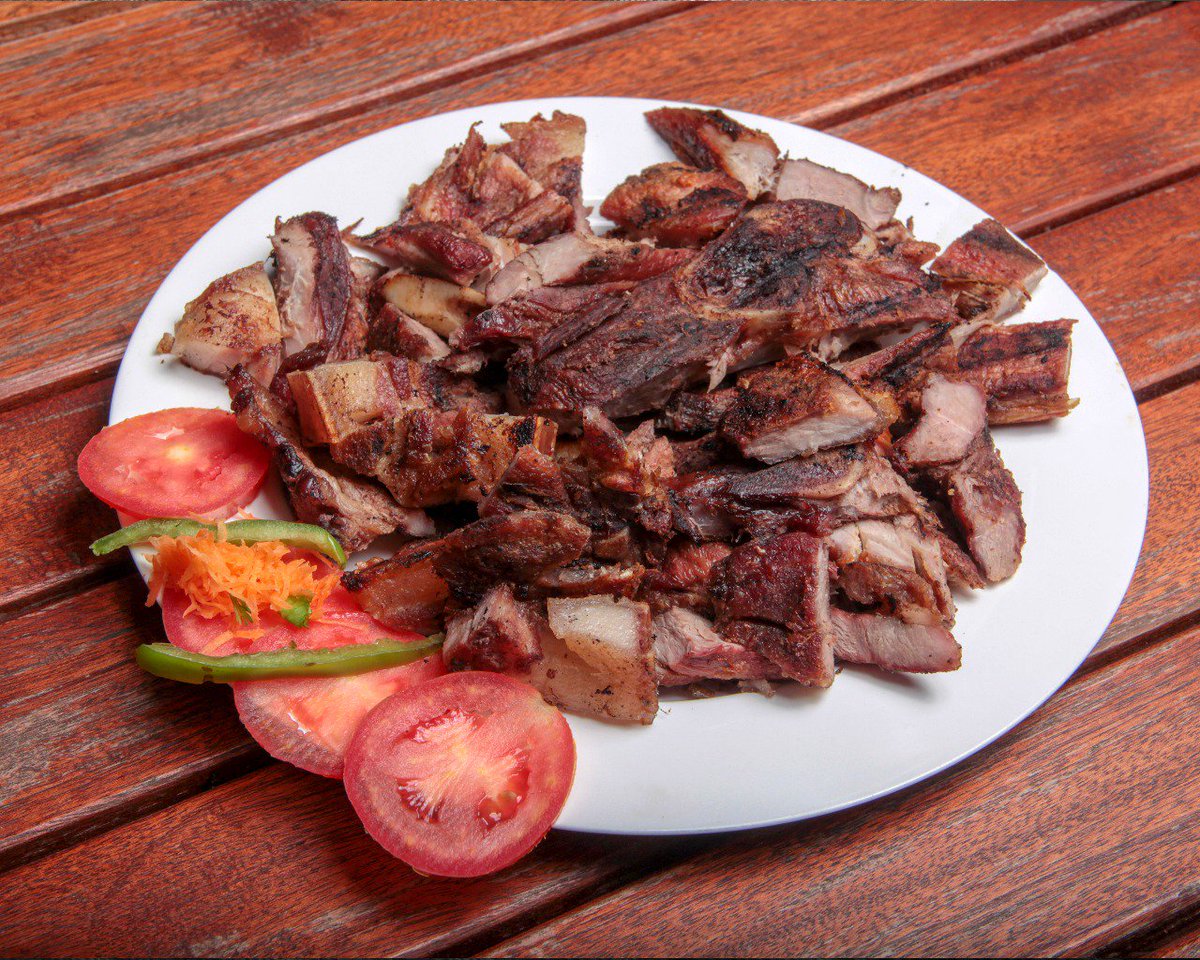The Kenyan food ... prairie taste!
the Kenyan food ... prairie taste!

Kenya, in long form the Republic of Kenya (in Swahili: Kenya and Jamhuri ya Kenya, in English: Kenya and Republic of Kenya) is a country in East Africa. It borders South Sudan to the northwest, Ethiopia to the north, Somalia to the east, Uganda to the west, and Tanzania to the south-southwest. The Indian Ocean to the southeast.
![Vidéo] Kenya : Voyage en immersion #206 | Blog du Voyage ...](https://www.marcovasco.fr/blog/wp-content/uploads/2018/07/Safari-elephants-kenya-1014x487.gif)




The proximity of the equator, and hence the abundance of sunny days, plus a good environmental situation make Kenyan products very high quality. Vegetables and fruits that are grown and sold here are especially distinguished for the better. When making tours to Kenya, do not miss the opportunity to try local mangoes, coconuts, pineapples. Although of course you can’t say that mangoes are as sweet as in China, and pineapple - as in Ecuador. The fact is that the soil in Kenya is quite salty, and the fruit is obtained with acidity.

![Vidéo] Kenya : Voyage en immersion #206 | Blog du Voyage ...](https://www.marcovasco.fr/blog/wp-content/uploads/2018/07/Safari-elephants-kenya-1014x487.gif)
Tours to Kenya are also an opportunity to get acquainted with local cuisine, which in itself is a multifaceted phenomenon. One thing is a restaurant in the capital, another is national dishes in the depths of the country, the third is coastal cafes ... But you can still highlight the basic features!

One of the most famous features of Kenyan cuisine is the meat of wild animals. Exotic for guests, for indigenous Kenyans it is commonplace. After all, let’s say, for a representative of the Masai tribe it is inconceivable to slaughter a cow for meat simply for gastronomic reasons; Cow - Masai wealth and a symbol of prosperity. But to kill a gazelle or a zebra in the savannah is another matter. However, is it really possible to try elephant fillet, or wildebeest? Not at all. The fact is that hunting in Kenya is prohibited. In this connection, even among the Maasai, hunting became more likely a good memory, and the locals most often eat mutton from meat.

The second important aspect of Kenyan cuisine is the mixing of traditions of different nations. Many immigrants from India live in Kenya, there is Arab influence, many Italians migrated to the ocean coast of the country, British colonial traditions are strong. So be prepared to discover the flavors of Arabic condiments and Indian curry in your food, and don't be surprised when you see the locals drink English milk tea. From the Arabic cuisine, or rather, Swahili cuisine, triangular pies “samosas” are very popular.

However, the main love of Kenyans is meat. They use them whenever possible.
- Contribution of individual tribes
Individual Kenyan tribes preserve their own culinary traditions. Some of them may seem especially interesting to those who plan tours to Kenya. For example, the Kikuyu people are preparing a special mixture of peas, potatoes and corn, the so-called "Irio." It sounds scary, but very nutritious - what you need for a long day in the savannah. The Luo tribe cooks tilapia fish amazingly, flavoring it with hot sauce. And Swahili, who live on the shores of the Indian Ocean, as well as in the neighborhood in Somalia, Mozambique and Zanzibar, have excellent recipes based on tamarind and coconuts. Tamarind is a tree, also called an Indian date, giving bean pods as fruits.

- Products in Kenya
The proximity of the equator, and hence the abundance of sunny days, plus a good environmental situation make Kenyan products very high quality. Vegetables and fruits that are grown and sold here are especially distinguished for the better. When making tours to Kenya, do not miss the opportunity to try local mangoes, coconuts, pineapples. Although of course you can’t say that mangoes are as sweet as in China, and pineapple - as in Ecuador. The fact is that the soil in Kenya is quite salty, and the fruit is obtained with acidity.

Well, we will complete our journey with two special delicacies not for the faint of heart:
- Fried termites and locusts are flat protein and not a gram of fat. If insects do not cause you horror, feel free to try.
- Clay cakes are a specialty of the Masai tribe. Clay is mixed with water and flour and baked on hot stones.

